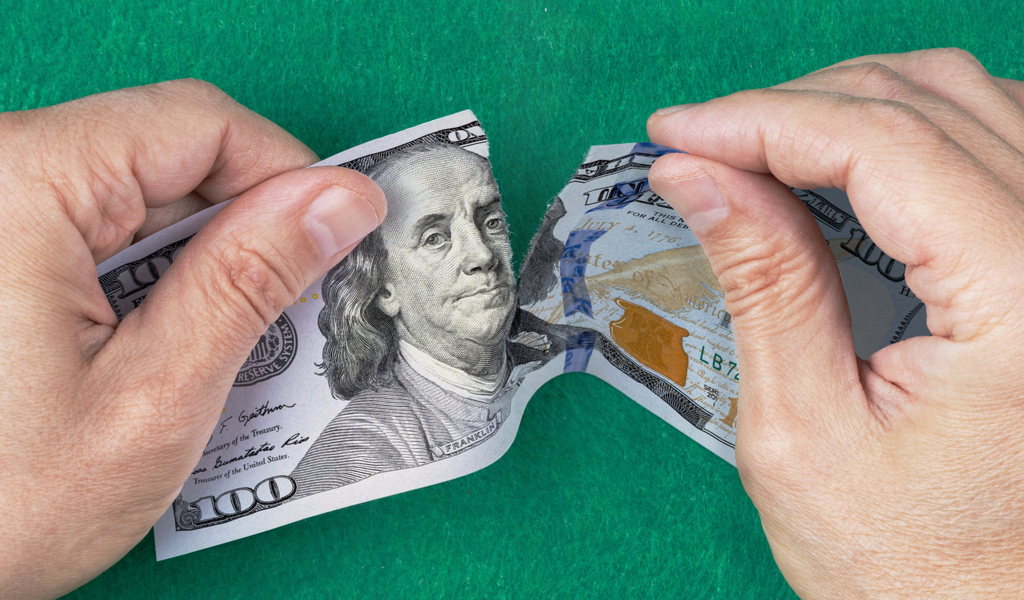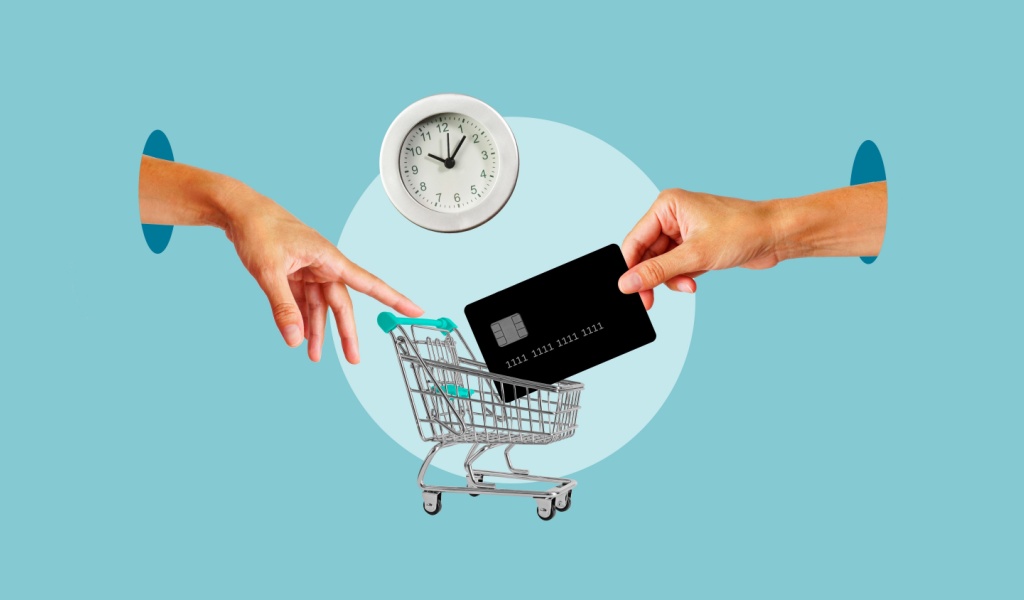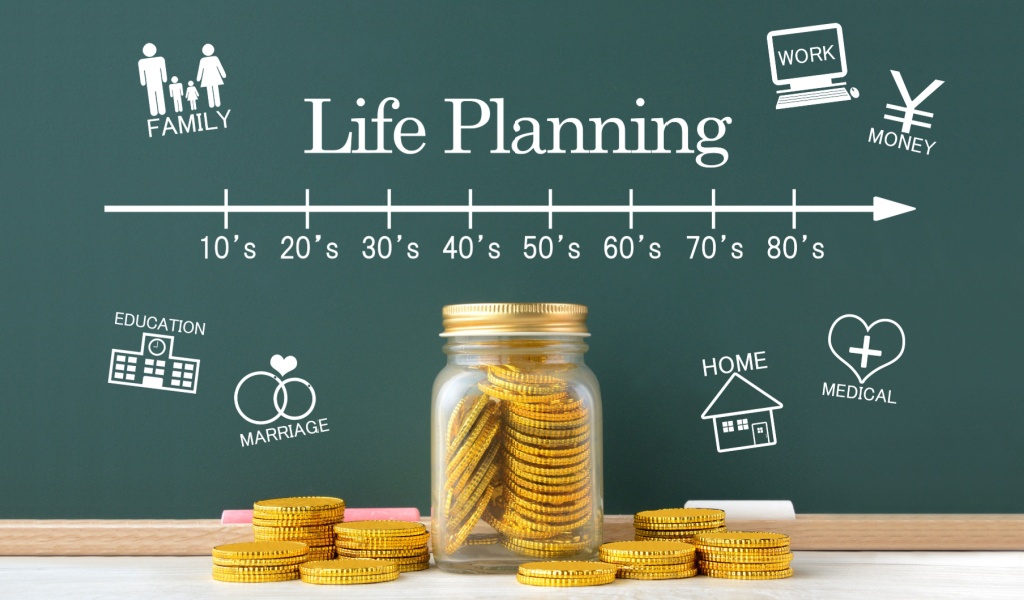While all of us aspire to be good at money management, there are numerous mistakes that we make every single day that put a hamper on that. After all, getting rich may take a lot of work, but going broke is pretty easy to do.
If you are tired of constantly verging on the brink of personal bankruptcy, you need to become smarter about the money decisions you make. At the same time, it’s important to be aware of the mistakes that could devastate your finances entirely.

The time to take action is now! Here are 5 devastating money mistakes that you should avoid:
Not Having a Budget
A budget is one of the best tools you have in your arsenal to make sure you make good money choices, so it doesn’t make sense to leave it unused. First off, the process of creating a budget will help you get a good idea of your finances, especially what and how much you spend every month. This way, you will be more conscious about future expenses and be smarter about money-related decisions overall.
The common misconception about budgeting is that it is too restrictive, but that’s not always the case. And you don’t need to draw up 50-page excel documents to get a budget going either. There are a number of different types of budgets that you can try out to see which one fits you best.
One of the easiest budgets to follow is the 50/30/20 one. It’s almost like a budget for people who hate budgets! Fundamentally, all you need to do is divide your income into these three percentages. The largest portion, 50%, is reserved for essential expenses, while 20% is put towards financial obligations such as savings, retirement accounts, investments, etc. As for the 30%, that’s up to you – that’s how much you can spend on things you want!
Living Beyond Your Means
This is something that we’re all guilty of, especially in this day and age of social media. When you’re scrolling through the seemingly perfect lives of those who put themselves on social media, it can be difficult to remember that they are only showing you the best parts of it – and that some of it may even be fake.
But the very real impact of this is that you end up thinking that you should also have all those things. As a result, you may end up living beyond your means and buying things you cannot afford. Living beyond your means may look like buying a house that’s beyond your budget, buying expensive things to impress people, taking vacations that you cannot afford, etc. There is no bigger recipe for financial disaster than this!
The best way to make sure you’re not living beyond your means is to get into the habit of spending less than you earn. A budget, as we mentioned earlier, can be a great tool in helping you do just that!
Not Having an Emergency Fund
If the past couple of years has taught us anything, it’s that nothing is certain – not the future or your income. That’s why it’s important to have an emergency fund that you can rely on in case of an unforeseen situation – such as, oh I don’t know, a global pandemic!
The worst thing you can do is to depend on credit cards or borrowed money at a time when you are already down on your finances. This just ends up putting a bigger burden on yourself, and if you are unable to pay what you owe on time, it will only keep multiplying. That’s why an emergency fund is a crucial aspect of good money management. Experts suggest stashing away enough money to help you survive 3-6 months in case of a loss of income in savings account or someplace that is easily accessible.

Racking Up Credit Card Interest
Millions of Americans rely on their credit cards for financial emergencies or even as a way to “borrow” some money when there isn’t any emergency at all. Most people tend to see credit cards as “free money” and therein lies the biggest financial mistake that anyone can make.
The first rule of money is that there is no such thing as free money! It may seem that way when you’re swiping your card in exchange for that shiny new thing that caught your eye, but you’ll be left clueless when it comes time to pay them back.
The truth is, your credit card company doesn’t care! Their entire business model is built on getting you into debt so they can charge you high interest rates and rip you off. That’s why you need to be smart about how you use your credit cards. Everything we mentioned earlier, from having a budget to living within your means applies here. Don’t spend money you don’t have!
That’s not to say you shouldn’t use your credit card at all; just make sure that you have enough money to pay back what you owe. If you already have credit card debt, consider taking out a personal loan to get rid of it. Given that credit card interest rates can go higher than 20%, it is wiser to finish them off using a personal loan which typically comes with a much lower interest rate.
Making Bad Investments
One of the best ways to grow your money is through investments, and the good news is that with the development of financial technologies, anyone can do it with as much or as little amount of money as they like!
However, a lot of people feel intimidated when thinking about investments. This could be due to a lack of knowledge and familiarity with it, but it’s not right to dismiss all the concerns because a healthy dose of skepticism can be very useful when it comes to investing your money.
There are so many bad investments that one can make, and it’s up to you to pick them out wisely. One of the most commonly-known scams is multi-level marketing or MLM schemes. While most people know that MLMs are scams, it can sometimes be difficult to identify a “potential investment” for what it is. There are a number of other bad or risky investments that you need to be wary of. Even buying a house you cannot afford is a bad investment – you may end up in debt or even losing it!
The stock market is a better place for investing your money, but even then, you will need to carefully analyze the companies you want to invest in and pick the right ones. Apps such as Public and Robinhood make it super easy for anyone to invest in the stock market with as little as $5-$10! Other good investments include real estate, high-yield savings accounts, government bonds, and certificates of deposits.



